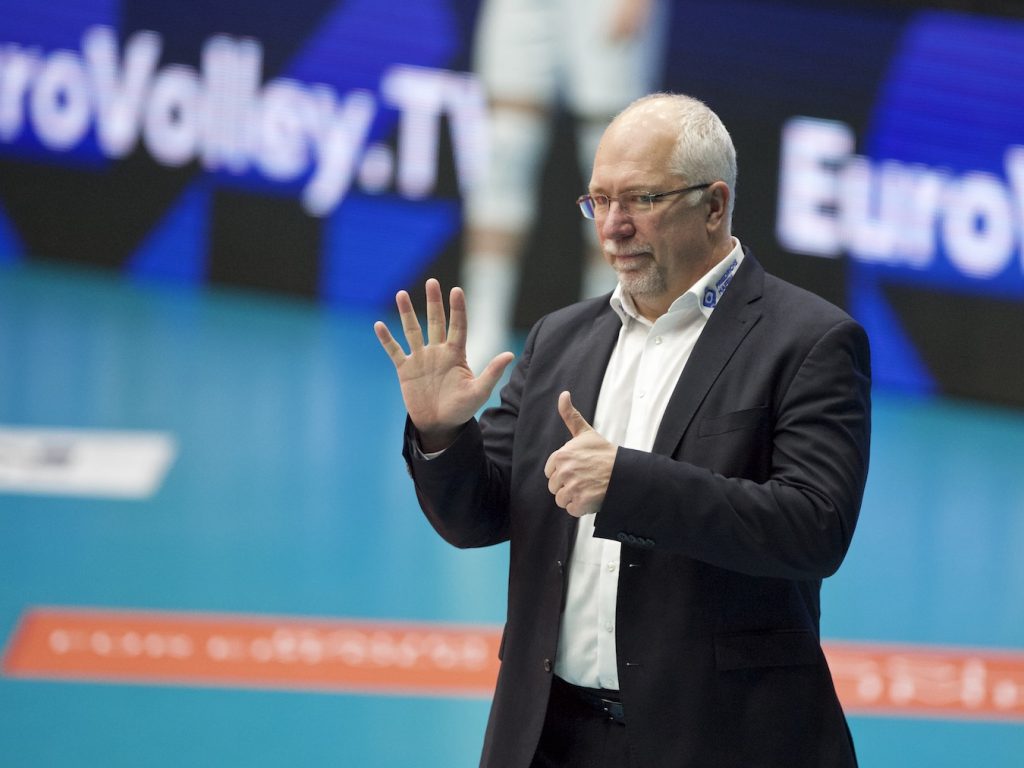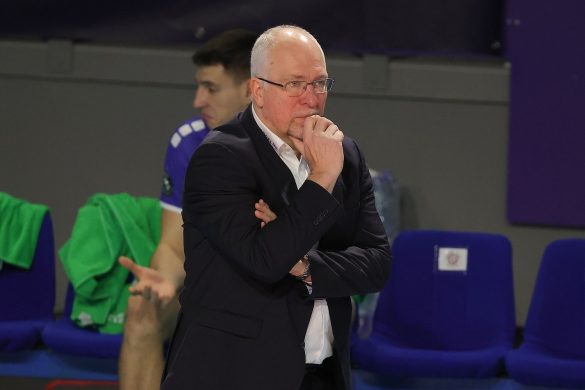Once and for all, can we not call it ‘professional’ sport. In Europe, there is no such thing as professional sport. To be clear, there is also no such thing as ‘amateur’ sport. In Europe there is only sport. Some players are paid, some are not. There is no level at which players start to receive money to play. Some players in the same club are paid, some are not. Even within a single team, some players can be paid and others not. Armed with that information, let’s look at it from the perspective of a 10 year old starting to play organised sport and see who they get started and what might be ahead of them.

A 10 year old who wants to play sport joins their local club as there is essentially no such thing as school sport. This club represents a local neighbourhood / suburb / community / city. This is the background for the passion you might see among fans when you see European games on TV, but I digress. The club typically has teams at different senior levels, and also different age groups (and possibly different sports, but that is another story). The senior teams compete in competitions that are connected throughout the country. The lowest level, eg 10th division, is a competition of surrounding suburbs, maybe no more than 30 minutes away. 9th division, competes in a slightly bigger region etc etc until the top 1/2/3 divisions that are national. This system is fully competitive. If you win you go up a division, if you lose you go down (i.e. promotion/relegation). Players are ‘at the service’ of their clubs. They can move up and down the teams in their club as well as the teams moving up and down divisions. Players are allowed to play junior AND senior competition, so especially in smaller clubs, junior players will commonly play with and against adults. (As an aside, research in Australia has shown that the best senior players are very often those who played with and against adults at a young age). Players who show promise will be recruited to play for clubs in higher leagues. They will basically play at the highest level that they can. If a junior player moves to another club, there is often some fee paid to the original club to acknowledge the work of that club in developing the player to that level.
Club use facilities that are mostly community owned or shared. They will pay rent or lease in some form, or in some cases are allocated time for free. Players typically pay a membership fee to the club. Maybe a few hundred units of currency a year. Nothing outrageous, the goal is to cover costs. Good players will get discounts of course. There will be local sponsors and supporters, who might contribute cash or goods or services and many coaches and administrators are volunteers. Sometimes they will be bankrolled by a local businessperson or dignitary who wants to curry favour with the community or local politicians. The clubs can often include meeting places, such as a bar and a restaurant. The key is community. Their goal is to service and represent their community. There is no for profit sport in Europe. No, not even in football (soccer).
Parallel to this club system, most/many countries have a regional/state based system that is connected to a national system (i.e. national teams in different age groups). Regional based coaches will watch the teams in their region and better players at each age group will be invited to train and play with other good players from the region. The National Team coaches will watch the teams from the regions and choose players for national programs. A talented player could at any one time be playing for their local club team in a junior team and a senior team as well as a regional team and an under age national team.
Crucially, the regional/national system is where a lot of ‘development’ occurs. The regional competition system does not have the same performance expectations (i.e. no promotion/relegation) as clubs, and coaches are judged not on performance but by the quality of players they send to the next level. So coaches will select players who are already good AND players with particular desirable characteristics (normally physical) who might become good in the future. All players are asssesed as to their ultimate potential, from a national perspective, and receive individual training aimed in that direction. For example, a player from a small club who plays middle because they just happen to be the tallest in that team, might recieve training for a different position that is better suited to them in the longer term. Or to put it another way national coaches have a role in choosing players’ roles. The National Team does not dictate what position the player should play in their club. In our example of the middle from the small club, they could play as a middle in their club team and outside for the regional team.
It is common to have centralised training centres where juniors will live and go to school and train more or less full time. Big clubs especially football (soccer) clubs run their own. They are explicitly preparing players to be professionals. The best of those can be on a form of contract from a really young age. Alternatively, and more commonly in other sports, they could be run by the regional administration or centred around a few clubs, mostly culminating in a national training centre for the best 14-18 under 20 players in that country.
To be clear, it does not always work that way. Humans are fairly consistently human all over the world. Individual agendas and petty jealousies (now that I think of it, are there any other kinds?) can always get in the way but this is the basic outline.
About Mark Lebedew:

Mark Lebedew authors the At Home on the Court Blog. He coaches professionally in Poland, from january 2021 with eWinner Gwardia Wrocław, in season 2019/20 with Aluron Virtu CMC Warta Zawiercie and in the period 2015-2018 with KS Jastrzębski Węgiel. That follows five seasons Germany where his Berlin Recycling Volleys won three straight league titles and a CEV Champions League bronze medal. He has prior professional experience in Belgium and Italy. Mark was also Head Coach for the Australian Men’s National Team. From 2021/2022 until the end of the 2023/2024 season he was at the helm of VfB Friedrichshafen, while in 2022 he led the Slovenian national team during the Volleyball Nations League. In the 2024/2025 season, Mark Lebedew takes charge of the Netherlands’ team, Nova Tech Lycurgus.
Mark partnered with his brother and father to translate and publish “My Profession: The Game“, the last book by legendary Russian coach, Vyacheslav Platonov.
With John Forman, he is behind the Volleyball Coaching Wizards project (link http://volleyballcoachingwizards.com/) which identifies great coaches from all levels, making their experience, insights, and expertise available to people all over the world. The project has produced multiple books, a in e-book format available here ( link to http://bit.ly/34yakou ) or at Amazon here (link https://amzn.to/2JRqTE6).
In 2021, he launched project Webinars and Presentations on Demand. If you are interested for coaching presentations and webinars available on demand, click here.